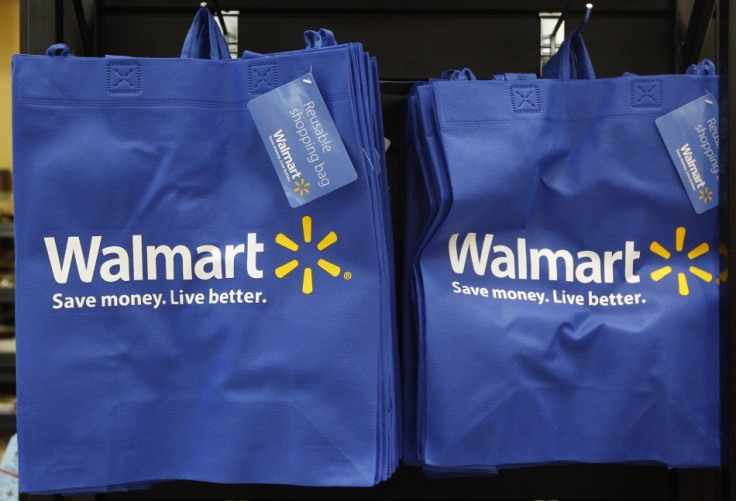Wal-Mart to Run India Wholesale Business Single-Handedly

US retail giant Wal-Mart Stores and India's Bharti Enterprises are winding up their joint venture in India and will independently operate their businesses in the country, which recently liberalised its retail markets for foreign investors.
As per the terms of an agreement reached by the companies, Wal-Mart will acquire Bharti's 50% stake in their joint venture, Bharti Wal-Mart Pvt Ltd, to assume its full ownership. Bharti Wal-Mart operates 20 wholesale stores in India under the Best Price Modern Wholesale brand.
Meanwhile, Bharti will buy the compulsory convertible debentures (CCDs) held by Wal-Mart in Cedar Support Services, which is owned and controlled by Bharti.
The agreement is subject to regulatory approvals.
"Given the circumstances, our decision to operate independently will be beneficial to both parties," said Scott Price, president and CEO, Walmart Asia.
"Walmart is committed to businesses that serve our members and provide good returns for our shareholders, and we will continue to advocate for investment conditions that allow FDI multi-brand retail in India."
'Not Tenable'
Relations between the two parties soured since last year, as the world's largest retailer stalled the expansion of Best Price wholesale chain due to an ongoing internal probe into bribery allegations concerning its India operations.
Speaking on the sidelines of the APEC conference in Bali, Indonesia, Price said that Wal-Mart's current agreement with Bharti is "not tenable", given the strict FDI norms in India.
"We created a franchise in retail with Bharti in the hopes that there could be a potential freeing up (of foreign direct investment) that would allow it to potentially be the base of the business. But frankly, the FDI has passed," he said.
"That means the existing franchise to Bharti is not tenable as the base. What we are talking about with Bharti is what we do with that business."
Price earlier told Reuters that it would be very difficult for any foreign or domestic retailer to comply with restrictions on investment in India.
The statements had raised concerns that Wal-Mart is planning to exit the country, but India's Finance Minister P. Chidambaram noted that Indian officials are in contact with Price about the retailer's presence in the country.
India's FDI Reforms
In 2012, India allowed foreign multi-brand retailers to own up to 51% of their local operations. However, no foreign supermarket chain has yet opened a store there due to strict terms and conditions in connection with the investment.
International retail giants such as Wal-Mart, Tesco and Carrefour had demanded further easing of norms to start operations in the country.
In August, India's government announced further relaxations to foreign direct investment (FDI) rules in the retail sector with a view to attracting more investment and containing the continued slide in the rupee.
The new policies have relaxed rules governing the sourcing of products, infrastructure investment and selection of cities.
Foreign players have been given five years to comply with the rule that they should source 30% of their products from small Indian firms. They would be allowed to source products from overseas initially.
As per the new rules, foreign retailers can also open stores in cities with a population of less than one million.
While announcing its break-up with Bharti, Wal-Mart noted that it will work with the government to create favourable conditions for more FDI inflows into the country.
© Copyright IBTimes 2025. All rights reserved.






















